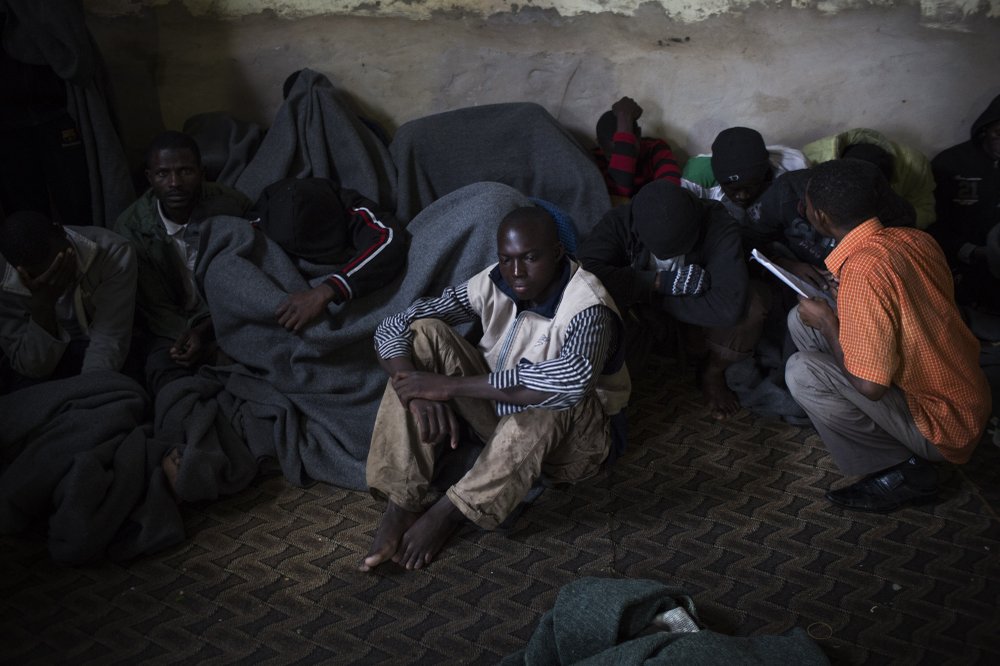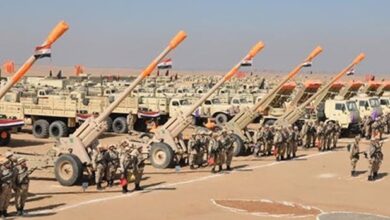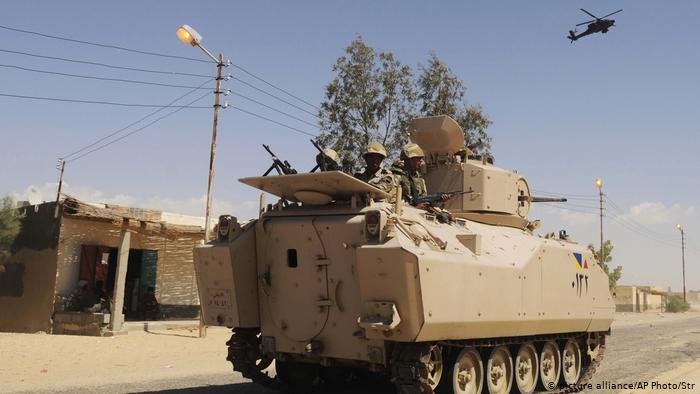In August, for the first time since the end of the Yom Kippur War in 1973, Egypt launched aerial attacks in the Sinai Peninsula. These raids were in retaliation for the events on 5 August, when armed militants in Sinai killed 16 Egyptian security officials at the Israeli border. In alignment with their new air raid policy, Egyptian military forces have entered various cities and towns in North Sinai to crack down on Bedouin lawlessness in an operation the Egyptian media has dubbed the “Sinai cleansing campaign.”
However, the Egyptian government has failed to mention that the attack took place only a few kilometers from underground compounds where African asylum seekers are being held hostage. More than a thousand testimonies from Sinai survivors tell of systematic rape, burning, electrocution, deprivation of water, and hanging by the hands, feet and neck, as well as other extreme torture mechanisms.
This sadistic abuse often occurs while the victim is on the phone with relatives; traffickers hope that hearing a loved one’s screams and pleas will expedite the transfer of tens of thousands of dollars via well-developed illicit networks.
If President Mohamed Morsy truly seeks to meet international expectations as Egypt’s new democratic leader, he must include human trafficking as an essential aspect of his Sinai “cleansing” policy.
Since 2001, more than 55,000 asylum seekers have fled the cruel dictatorship in Eritrea and genocide in Sudan through the Sinai desert to Israel. As these people made their way to Israel in search of refuge, criminal gangs involved in the smugglings of weapons, drugs and prostitutes saw a new business opportunity in human trafficking and extortion.
Rings of traffickers working in Eritrea, Ethiopia, Sudan, Egypt and Israel have now crafted an intricate system by which kidnapping, torture and extortion are used as means to facilitate money transfers. Millions of dollars have already been paid to smuggling rings in Sinai, further funding their activities of weapon, drug, commodity and human trafficking.
Recent events only reiterate the vital need for Egypt to assess and combat the situation in Sinai. To underestimate the role of this lucrative and growing trade in persons is to indirectly allow for the peninsula’s black market economy to prosper. To fight back, Egypt needs to create and coordinate an intervention against the region’s brutal trade in human lives and livelihoods.
During the past two years, European, Egyptian and Israeli human rights organizations have interviewed hundreds of Sinai victims. Names, phone numbers and locations of many of these human trafficking compounds have been compiled and passed on to Egyptian authorities and relevant international bodies.
The government of Egypt should use its boost in Sinai military presence as an opportunity to arrest human traffickers and liberate hostages from the region’s numerous torture camps. Only a policy that includes a focus on human trafficking would truly put an end to Sinai’s era of lawlessness, crippling an interstate smuggler economy and saving hundreds of lives along the way.
Laurie Lijnders is a Dutch anthropologist researching the journey of Eritreans from the Horn of Africa to the Middle East.
This article was originally published in Egypt Independent's weekly print edition.



